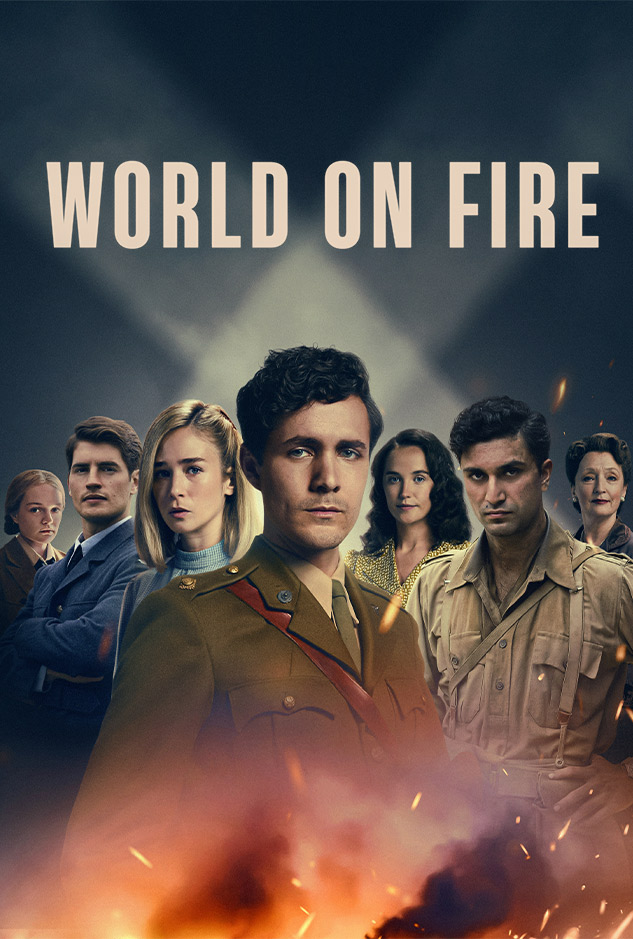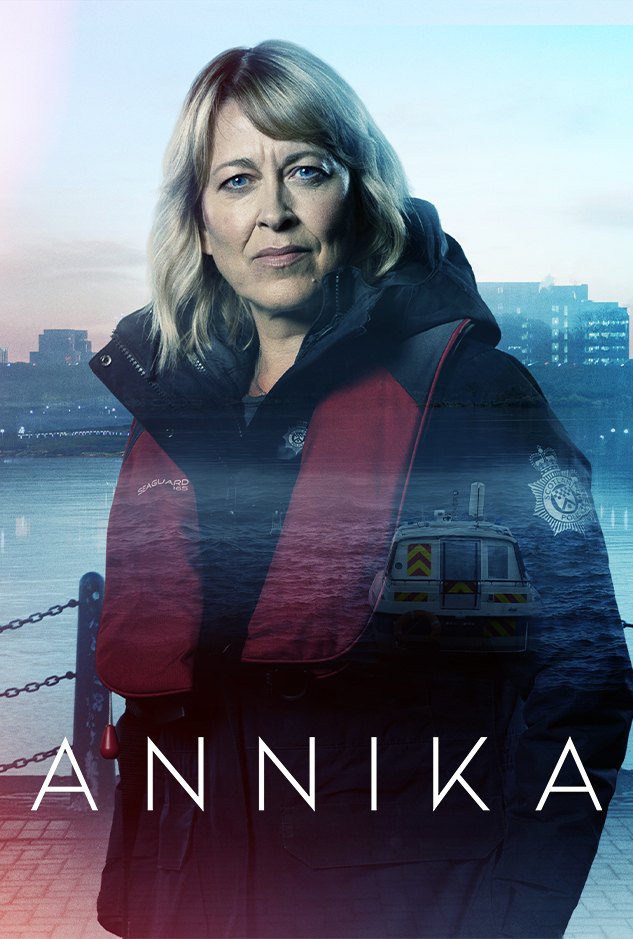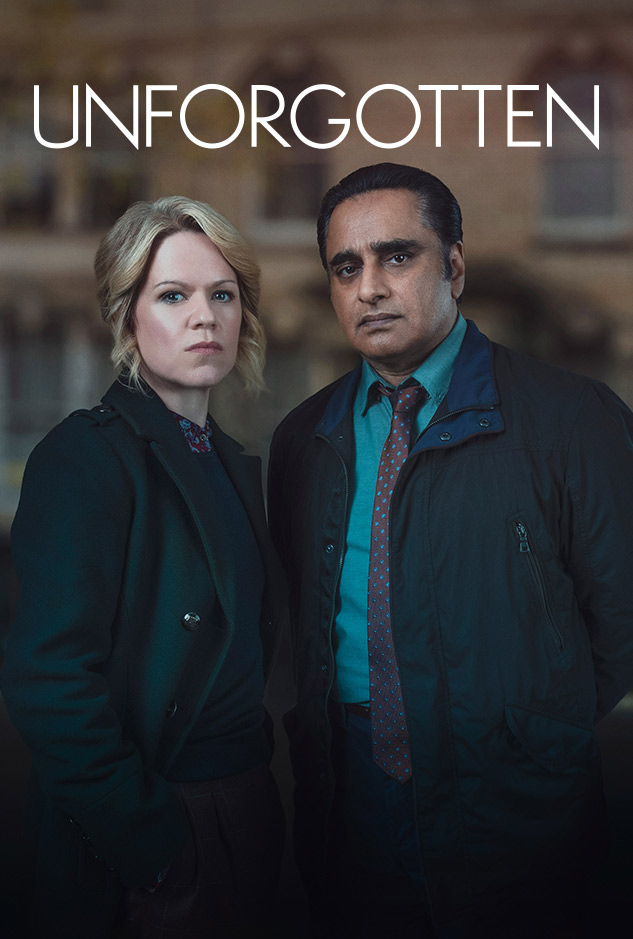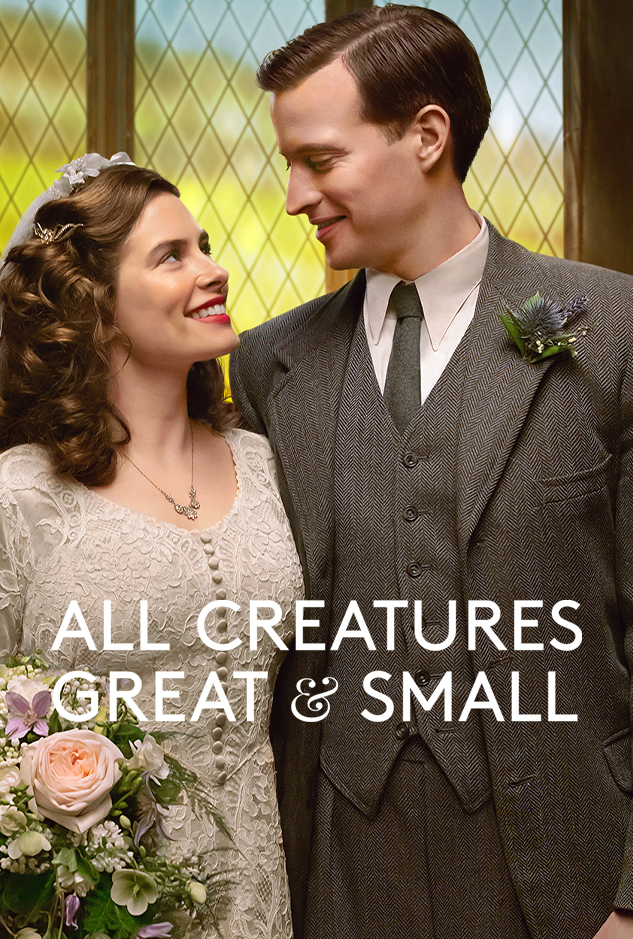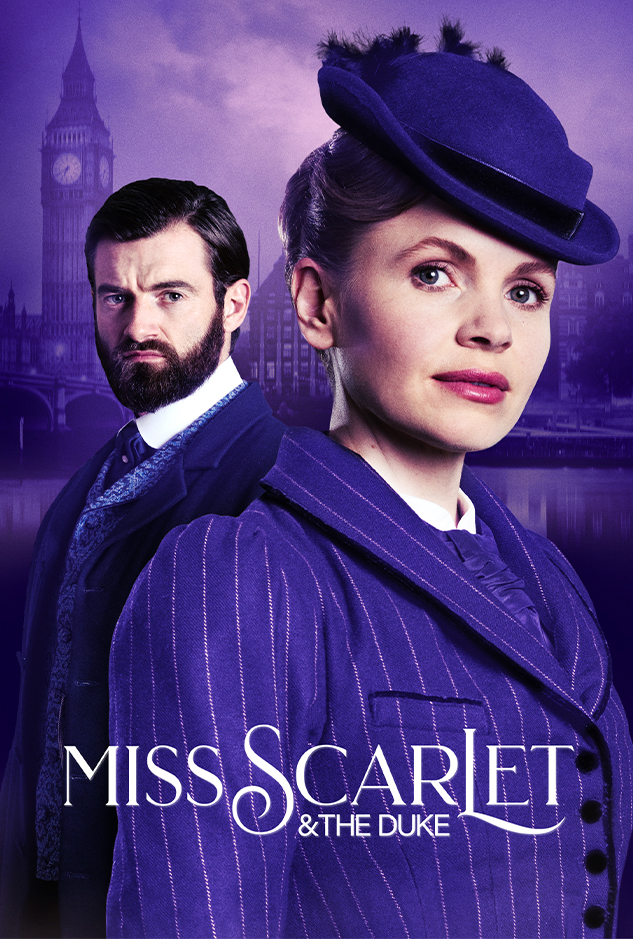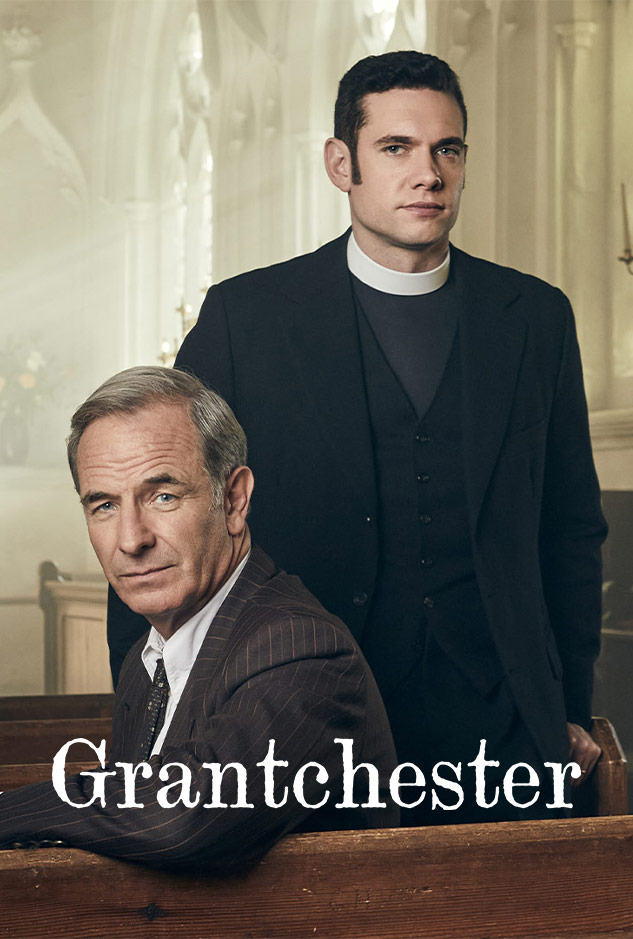A Guide to Winston Graham’s Poldark Books
The television series may have concluded, but the world of Poldark lives on forever through Winston Graham’s sweeping series of novels. Want to know where to start – and what to expect from this book series? We’ve got you covered, with a detailed guide to the titles in publication order, their corresponding seasons, and some bonus insight from Graham’s son, Andrew Graham, about what the writing process was really like, and from TV series writer Debbie Horsfield about how she tackled adapting the historical fiction for the screen.
- 1.
Ross Poldark (1945) – Season 1


Poldark series writer Debbie Horsfield hadn’t read Winston Graham’s Poldark novels before she was asked to consider writing an adaptation for TV – but as soon as she started reading them, she knew for certain that she had to do it.
“I’d been aware of the ’70s series, but I hadn’t watched it and I didn’t know it was based on books,” Horsfield confessed. “I just got sent the first two books out of the blue and asked if I’d be interested in doing an adaptation. …What I would say about the very first book, Ross Poldark, is that actually it is completely gripping from the first page — it just draws you into the world completely. I think I had read three pages before I thought to myself, I’m doing this.”
From there on, it was impossible for her to stop reading the novels. “People coming to that first book, they are going to want to read all the way through book 12 to be quite honest,” she said. “They will be hooked, just as I was.”
- 2.
Demelza (1946) – Season 1

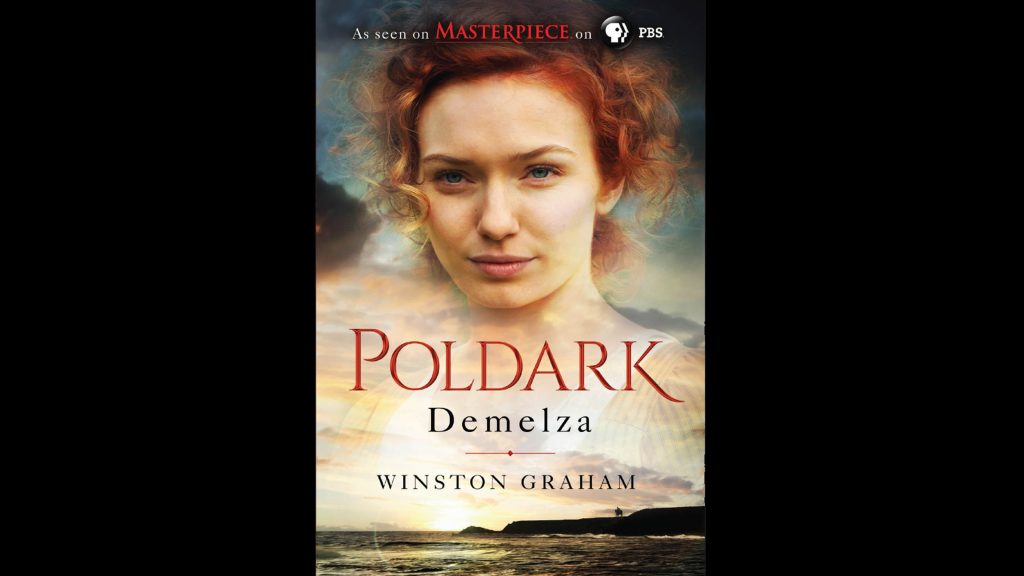
According to Andrew Graham, son of author Winston Graham, his father had an easier time writing his enchanting second novel Demelza than any of the other novels in the series. “The Second World War was coming to an end and he’d found a tiny little hut on the far side of Perranporth Beach [in Cornwall], and he would get up in the morning with my mother having packed him a few sandwiches and a flask of tea, and he’d walk across the beach and sit in this hut and lying scattered around on the desk would be the pages from the previous day’s writing,” Andrew explained.
His father would spend the entire day in there, Andrew said, from low tide hours to high tide, with the waves splashing against his legs as he made the trek home. “He said he knew when he was writing Demelza that he was a real writer. Suddenly the characters had lives of their own, and he said it was like him being in charge of a coach with four strong horses driving you on through the night, and your job was to keep it on the road, but you didn’t know which way the road was going to turn.”
That confidence certainly shone through in the writing, and the resulting novel was, according to Andrew, the one that best exemplified the epic relationship between Ross and Demelza Poldark. “There’s this sudden transition when what Ross has done –because he doesn’t give a damn about what people in his class think — he slept with his kitchen maid and of course in that period…you wouldn’t marry her. But Ross marries her and he does it to say two fingers up (excuse the rude gesture) to all the gentry. …And then suddenly, life ticks along, and lo and behold, he discovers that the girl he’s sleeping with and who he’s married is the girl he loves.”
- 3.
Jeremy Poldark (1950) – Season 2

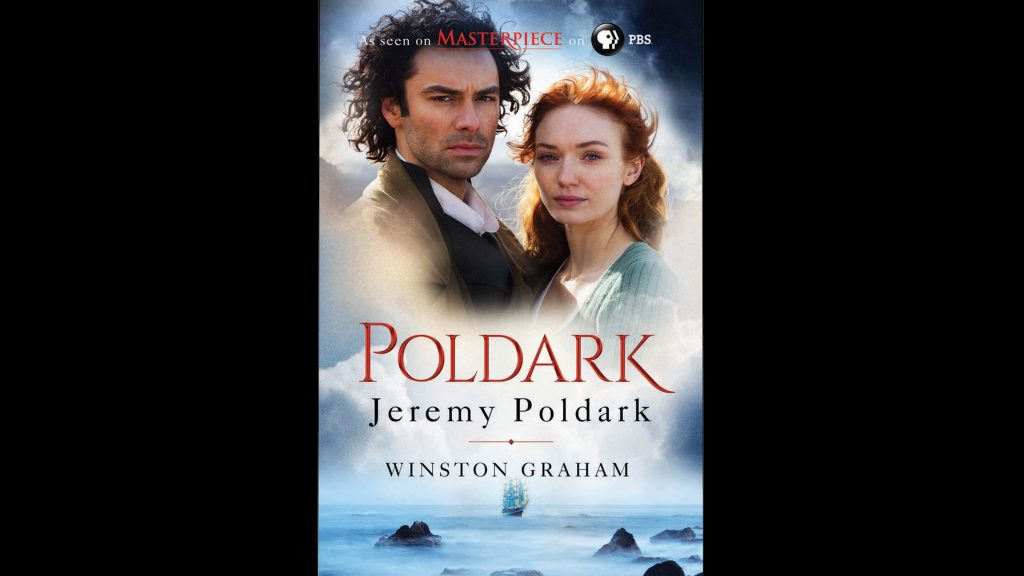
The third book, Jeremy Poldark, laid out the early plot of Season 2, which picked up with Ross’ imprisonment and the subsequent trial for the fateful night of the shipwreck in the Season 1 finale.
Horsfield elaborated on what it was she most admired about that book. “One of the things that I particularly loved about Jeremy Poldark – Series 2 – was what ended up becoming a bit of a kind of Poldark trope… It’s Ross standing up making a speech on behalf of the underdog.”
“Winston Graham writes those trial scenes amazingly. Of course the challenge is that they go on and on for pages and pages in the books, and we can only cover a fraction of them on television,” she continued. “But readers are absolutely going to love every single last word of those big trial scenes because Ross is completely magnificent!”
Horsfield went on to further elaborate on what she loved not only about Jeremy Poldark, but about Graham’s writing in general.
“Winston Graham is amazing at historical detail,” she said. “It’s all so incredibly well-researched, but it never feels like you’re just being forced information for the sake of it. That’s what’s so brilliant about his writing.”
- 4.
Warleggan (1953) – Season 2


Season 2 also covered the explosive events of Graham’s fourth book in the series, Warleggan.
“This is where I began to realize that, we needed more episodes than we’d had in the past,” Horsfield said. “Why I love this book is that there are lots of things that have been set up in the previous books, which finally pay off. …The most heartbreaking journey is that of Francis Poldark, who — let’s say he’s not acquitted himself well in all kinds of areas. But fundamentally, we do love him as a character and he eventually comes to the good and redeems himself. And then, just at the moment where he’s totally redeemed himself, he dies, which is completely heartbreaking and also completely necessary for the rest of the story.”
Horsfield went on to reveal her other favorite storyline of this book, which was the fruition of Dwight Enys and Caroline Penvenen’s relationship. “They go through all kinds of trials, tribulations and near misses, and almost managing to elope and not managing to elope, until Ross finally brings them back together,” she said. “And what really struck me about this particular relationship was …how much Winston Graham loved to explore and invest time in new romantic relationships. In the first two books you had Ross and Demelza meeting, falling in love, getting married. Then, the energy of the romance story transfers in Jeremy Poldark to Dwight and Caroline, and that continues into Warleggan. By the time you get to Season 3, that’s when you get The Black Moon and The Four Swans, you’ve got Morwenna and Drake, and the energy of the romantic story is with them because Dwight and Caroline’s stories reached a kind of resolution, as had Ross and Demelza’s.”
When she talked to Andrew Graham about his father’s pattern of romance storylines, he agreed that his father loved to tell stories of the trials and tribulations of love. “I guess that’s just an author at the top of his game, knowing his audience,” she said. “Because everybody loves a story which is love against the odds, don’t they?”
- 5.
The Black Moon (1973) – Season 3


Andrew Graham couldn’t say which of the Poldark books might have been his father’s favorite, but he certainly has a favorite, himself: The Black Moon. “When [my father] wrote the first four, it’s true that he’d already written nine or 10 other novels, but he was still a young man and more romantic and more optimistic and perhaps seen less of life,” Graham explained.
“And then, when he [wrote] The Black Moon, that’s the first time he comes back [after] having left the Poldark family alone for around about 20 years. In between the first four and The Black Moon, he’s written some pretty tough psychological novels like Marnie, Greek Fire, The Tumbled House, Sleeping Partner, and he’s dug deeper into people’s psychology… I think The Black Moon gives you all of the romance and drama of the first four Poldarks, but gives you the psychological suspense that my father had by then developed.”
- 6.
The Four Swans (1976) – Season 3


Horsfield broke down The Four Swans, what it meant, and how it translated to the screen for Season 3. “The Four Swans refers to four women who are in Ross’s life in varying ways: Demelza, Caroline, Elizabeth and Morwenna,” she said. “And the really fascinating thing about their stories in the books is that, in a way, Winston Graham’s really interrogating the different options, or lack of options, for women at that period of history. You have Demelza, who basically confounds expectations wherever she goes, because she’s a free spirit and a kind of law unto herself. She’s very atypical of someone from her background at that point in history.”
“Then you have Caroline, who again, manages to subvert expectations to a degree in as much as she’s very sparky and feisty and witty. But she’s wealthy, so that allows her to have much more agency and power than many women in her position. You then have the contrast between her and Elizabeth, who equally is a gentle woman, but when she’s widowed from Francis Poldark, she has basically no options at all. And in a way, marrying George certainly gives her back status, and it gives her back a kind of power but…it’s still pretty much dependent on him.
“And then you finally have Morwenna, whose position is one of no power, whatsoever. It’s a very, very bleak story. … That’s the extreme of women’s powerlessness in that particular era.”
The rich storylines for each of the characters is something she loves about the novels — and why she keeps reading them again and again. “I will always recommend people reading the books, because if only we had a hundred episodes, we still wouldn’t get it. We still wouldn’t get in all of the wonderful detail. So it was no trial to me at all to be reading the books six, seven, eight times.”
- 7.
The Angry Tide (1977) – Season 4

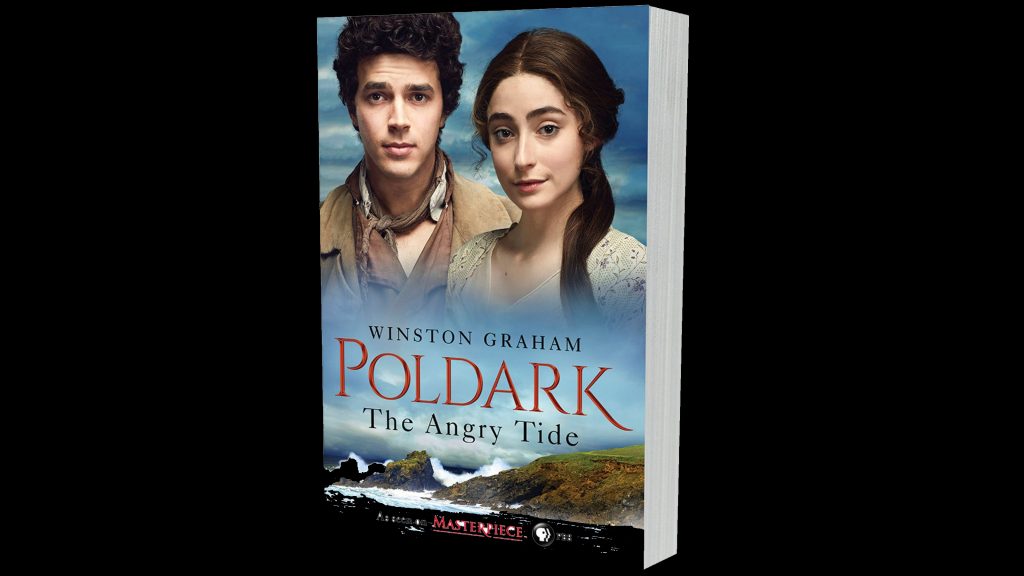
The death of Ross’s first love Elizabeth Warleggan in The Angry Tide – and the end of Season 4 of the TV series – showed a side to the complicated and antagonistic relationship between Ross and the powerful Sir George Warleggan that Andrew Graham particularly appreciated.
“In some sense, the story of the Poldarks is three men all thinking they’re in love with the same woman,” Andrew said. “Francis and George and Ross are all in love with Elizabeth, and probably George is the only one who really is. But there’s this scene when Ross bursts into the house and Elizabeth is dead and then he meets George. … What is really going on? What do they feel about each other? Probably Ross feels an extraordinary connection with George at that moment, just because they both loved the same woman and they both lost. They both lost something enormous.”
- 8.
Beyond the Television Series
Though the television series may only cover the events of Winston Graham’s books up to The Angry Tide, the novels continued on much further, using a 10-year time jump to tell the stories of our favorite characters and their adult children. Here are the later books that continue on after the events covered in the television series:
The Stranger from the Sea (1981)
The Miller’s Dance (1982)
The Loving Cup (1984)
The Twisted Sword (1990)
Bella Poldark (2002)
Interested in purchasing any of the Poldark books? You can find them on ShopPBS.org, and each purchase you make supports public television.
You can see all five seasons of Poldark again and again and at your own pace when you watch with PBS Passport, an added member benefit.









